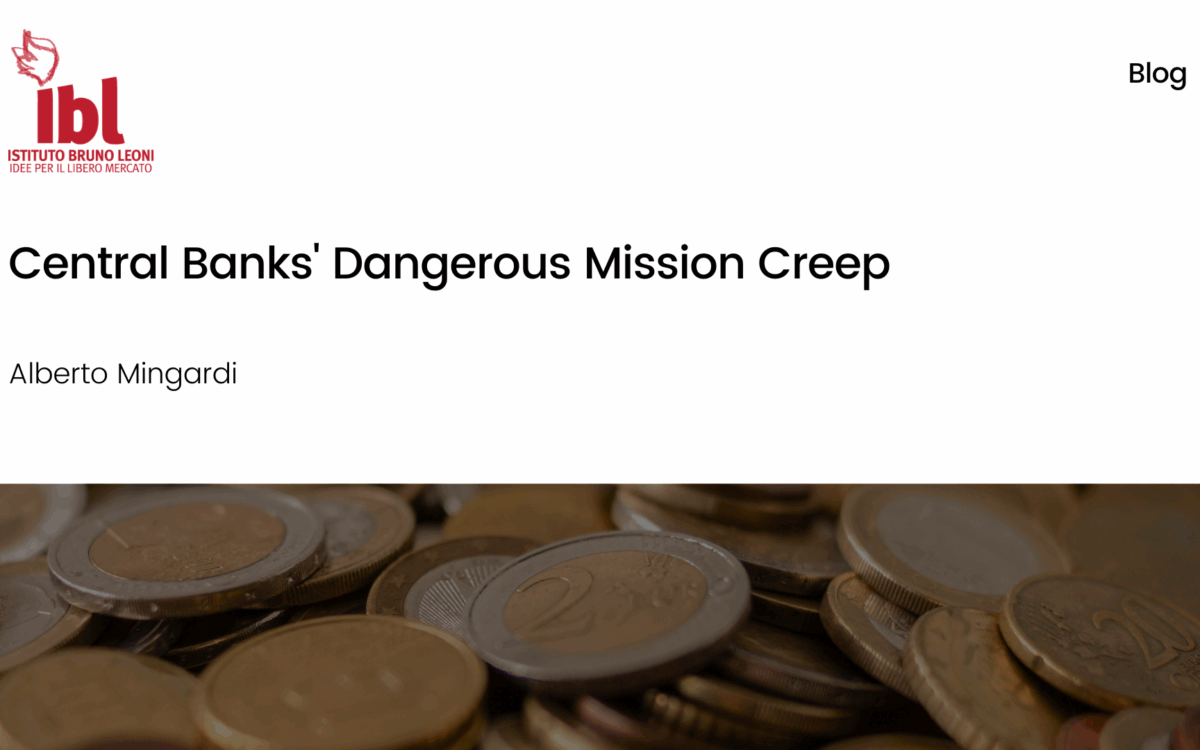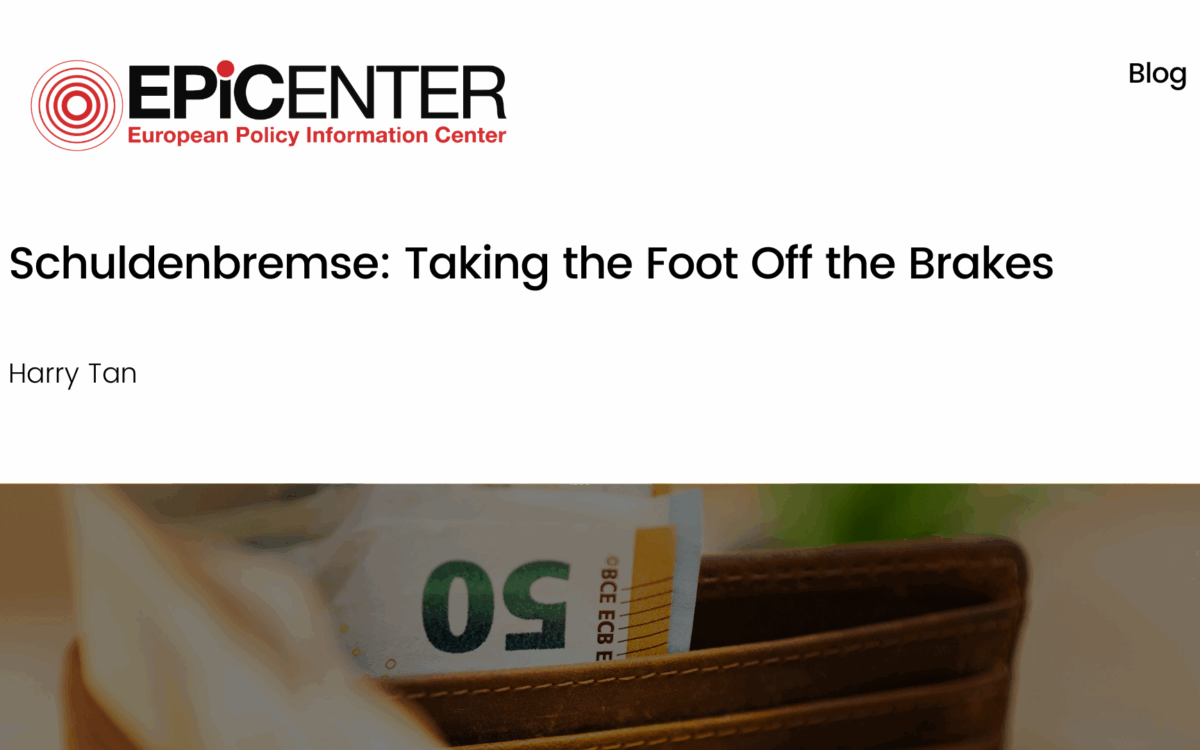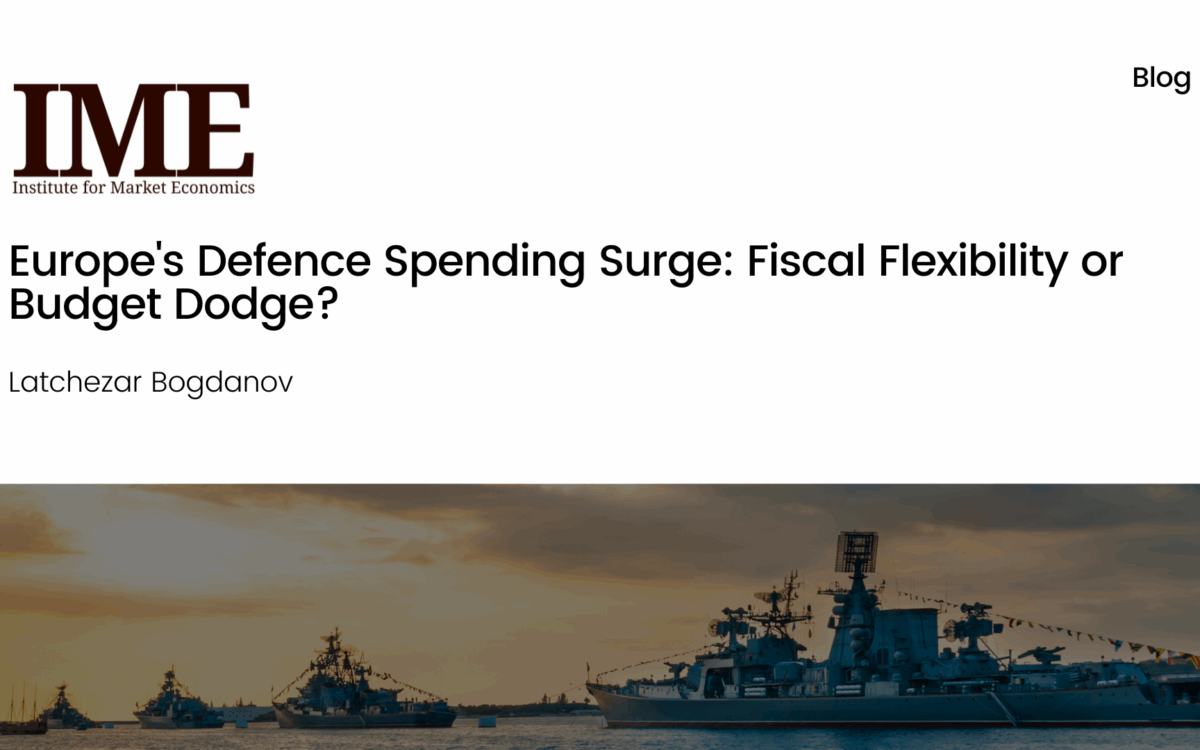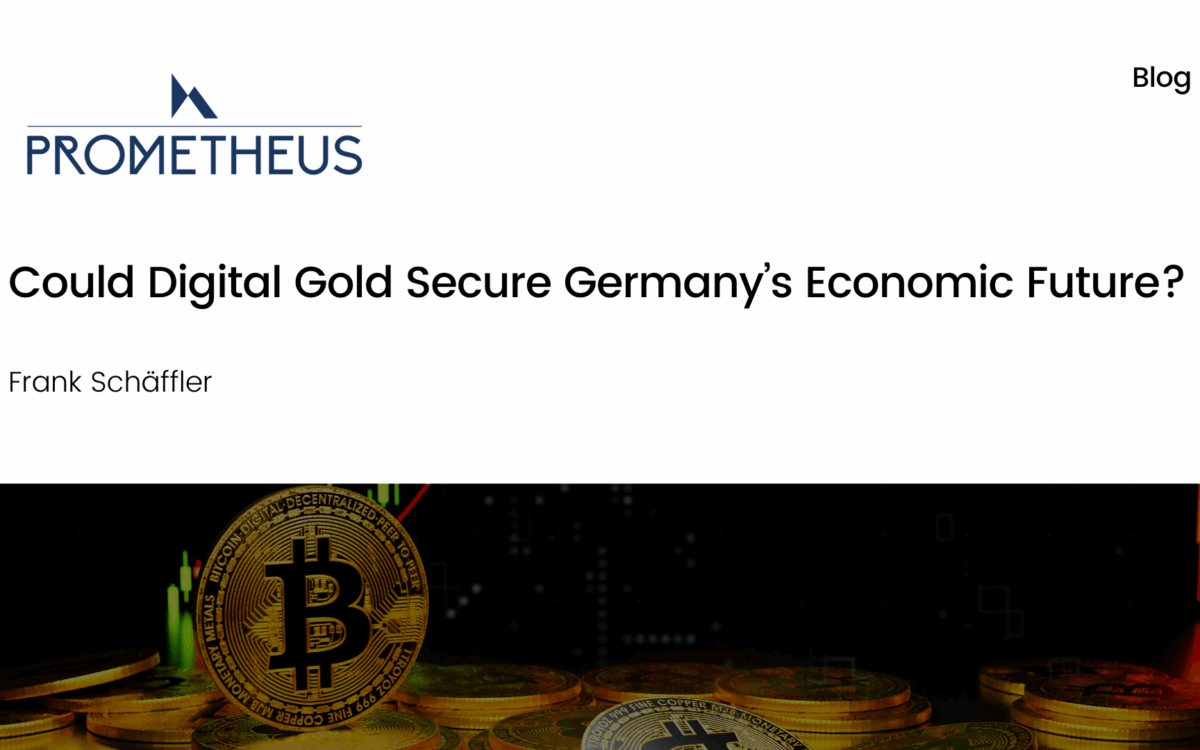Classical Liberalism and the Geopolitical Stand-off With Russia
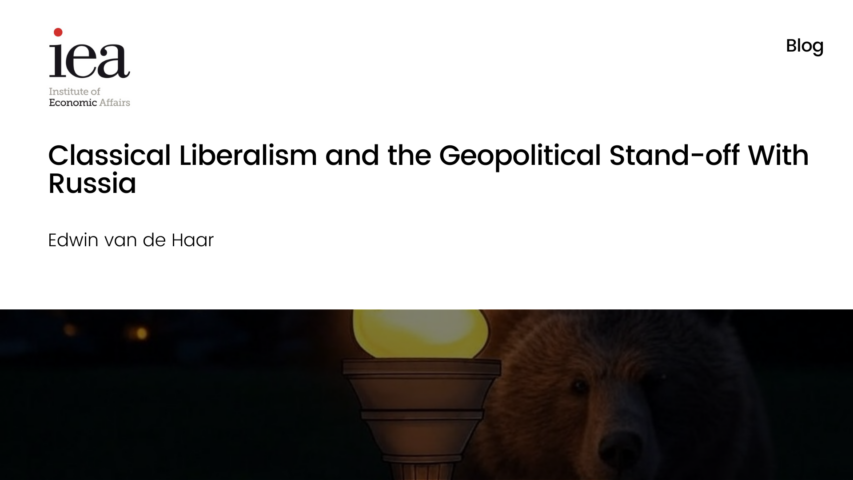
Classical Liberalism and the Geopolitical Stand-off With Russia
Edwin van de Haar // 7 January 2022
Generations of students of international relations (IR) at British universities have learned that liberals detest war and actively seek possibilities to eradicate conflict out of world politics. For example by shifting power from the nation state to international organisations, or by the expansion of international law, setting clear norms and punishing those states that do not stay within the legal framework of, for example, the United Nations. Other liberal ‘solutions’ have focused on domestic politics, notably the attempt to keep the alleged war-mongering classes (generals, diplomats, aristocrats) at bay by increasing the power of the allegedly peace-loving general public over foreign affairs. In the recent past we have seen many attempts to bring democracy from abroad through military intervention, in the belief that democracies do not fight each other. Much has been said about these liberal principles, yet only rarely has it been noted that this kind of thinking is indeed “liberal” – but in the American sense. How do other types of liberals look at IR, particular in the context of the current geopolitical stand-off with Russia?
Classical liberals, from David Hume and Adam Smith to Friedrich Hayek and others, always had different views about IR. Their realistic view of human nature, in which man is seen to be guided by both reason and emotion, forbids them to be too optimistic about the possibility to eradicate conflict and violence from human affairs, world politics included. They recognise that individuals have an emotional attachment to their nations (nowadays: states), and are certainly not shy to support warfare, even when they also recognised war to be a terrible, damaging event. They seek ways to deal with the regrettable, but inevitable occurrence of international conflict. In that context classical liberals do not have starry-eyed visions about the peace-enhancing effects of international cooperation, transnational arrangements or structures. They certainly think diplomacy, international law and negotiations are important to protect and possibly expand the open international order, an important, yet obviously not sufficient, condition for individuals to thrive. However, they recognise that this may sometimes be insufficient. States must also be prepared to actually defend themselves and their allies, and must have the military power to coerce possible intruders. Often, world politics is a much dirtier affair than progressives like to admit.
The international arena knows no ultimate judge or authority. This does not mean it must be seen as the quintessential ‘state of nature’; there are too many international agreements (of all kinds) and other strong bonds between states for that. But it does mean that nation states have to make arrangements for their security as the prime goal of their international policy. Here, one of the mechanisms in play is the balance of power. In academia, this mechanism is mostly associated with the “realism” theory. However, it was Hume who wrote an enthusiastic essay on it, stating that the balance of power was based on common sense and obvious reasoning. Smith fully agreed. The central aim of the balance is to avoid war, by making sure the domination or belligerent plans of one power or alliance are met with a countervailing power, or coalition. Both sides balance each other out. Although Hayek never wrote directly about it, it is a form of spontaneous order at the international level, with the unintended but welcome effect of international order. This is not to say no war occurs at all, but it will often be more limited.
Now from theory to practice. After the takeover of the Crimea in 2014 and the continued support for the separationist forces in the east of Ukraine, the Russians have built up a large military presence along the border with Ukraine, again. It remains unclear if President Putin plans an actual invasion, but it is certain he is using this military power to be in the middle of a global dispute. Last week, Russia also demanded a return to the ‘influence spheres’ of 1997, without Western (NATO) military presence in Eastern Europe, which basically means a return to the Cold War division of Europe. He wants to prevent Ukraine (and possibly Georgia) to become a NATO member, as was agreed between NATO and those countries in Budapest in 2008. Ukraine and Georgia are not near such a membership, yet Russia regards even the possibility as a threat. It is also known that President Putin longs for a return to the former greatness of the Soviet Union, with great power summits to decide upon the fate of world peace. However, some commentators point at the worsening domestic situation in Russia, with a waning popularity for the president, autocratic features on the rise and an ailing economy. President Putin may just want to rally his population behind a common foreign enemy.
It seems certain that if Russia starts a war in Ukraine, the price will be high. On the ground, it will meet a much larger and better trained Ukrainian military than in 2014. Western countries already indicated they will impose all kinds of sanctions, although they remain vague about the actual military support for the Ukrainians. President Biden said he would never accept any red line by any country, while NATO members, in a statement on 16 December, rejected all Russian accusations, emphasised that sovereign states decide for themselves about future NATO membership, called on Russia to de-escalate, and repeated their support for the territorial integrity of Ukraine.
It is clear that Russia is testing the strength of the Western alliance, and the commitment of Western powers to Ukraine. After all, it got away with the seizure of the Crimea, and the continual support of the Ukrainian revolt. It is also a time of a changing global balance of power. After the unipolar decades, with US as the only superpower, it is China, not Russia which has the strongest cards for a share in the lead. The Russians may attempt to have a piece of the cake too, at least in the European regional balance of power.
Classical liberals support this NATO line, which also fits with the British Integrated Review of Security, Defence, Development and Foreign Policy, published in March 2021. The expansion of the Russian borders by force cannot be tolerated. Giving in to Russian demands is not an option. Diplomacy is needed, yet only from a strong military position. No individual European state is strong enough to counter Russia, so NATO is the sole alliance for joint action. Of course, the Eastern European NATO members are sovereign nations, whose decisions to become part of the alliance cannot be redrawn by a decree from Moscow. NATO must also continue to protect Poland and the Baltic states. It is key to ensure the Americans are fully on board again in NATO, which President Biden seems to acknowledge and desire as well. Without the Americans, NATO is impotent. It must also be underlined that those countries (such as The Netherlands) that are not paying their full NATO dues of 2% GDP (Britain goes up to 2,2%) must get their act together. An alliance can only work when all members do their share.
Nobody is seeking a military conflict, of any kind. Yet it is no time to go wobbly.
This article was first published on the IEA’s blog.
EPICENTER publications and contributions from our member think tanks are designed to promote the discussion of economic issues and the role of markets in solving economic and social problems. As with all EPICENTER publications, the views expressed here are those of the author and not EPICENTER or its member think tanks (which have no corporate view).
